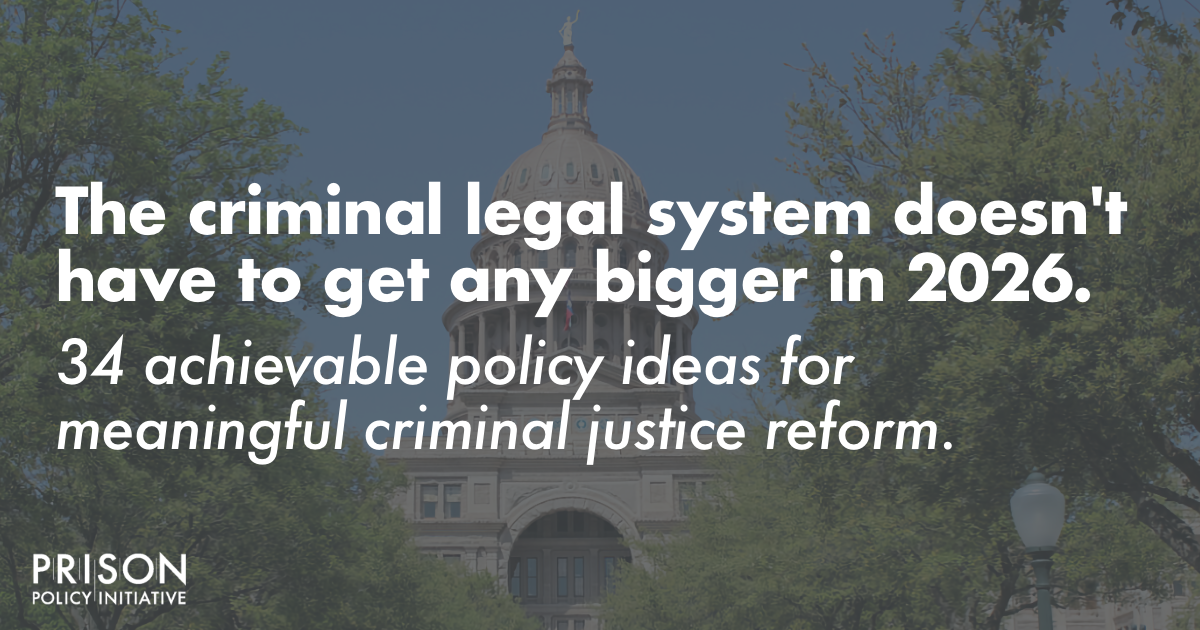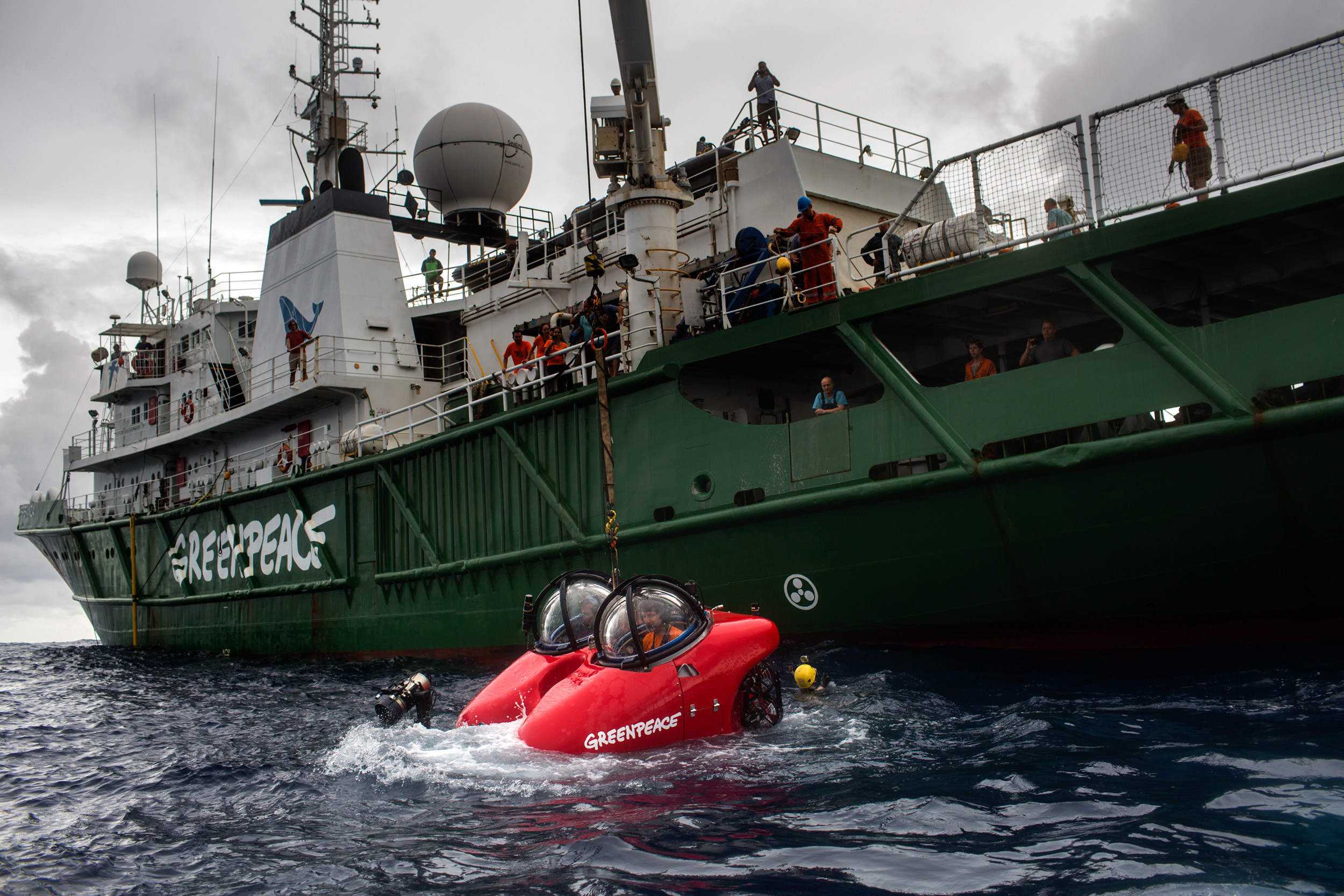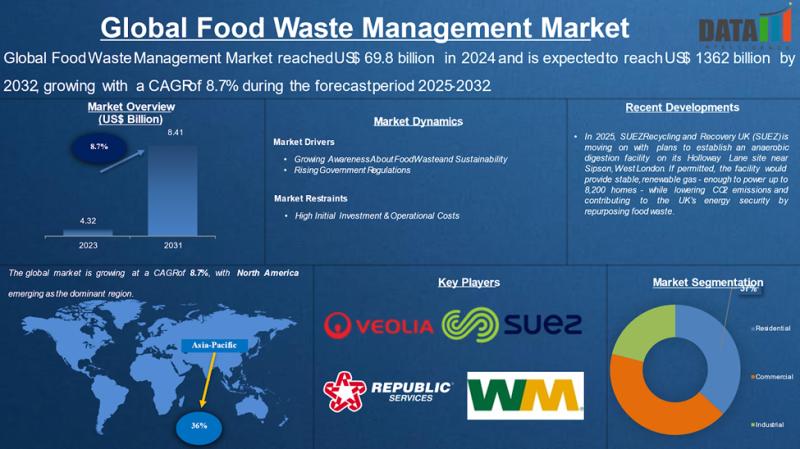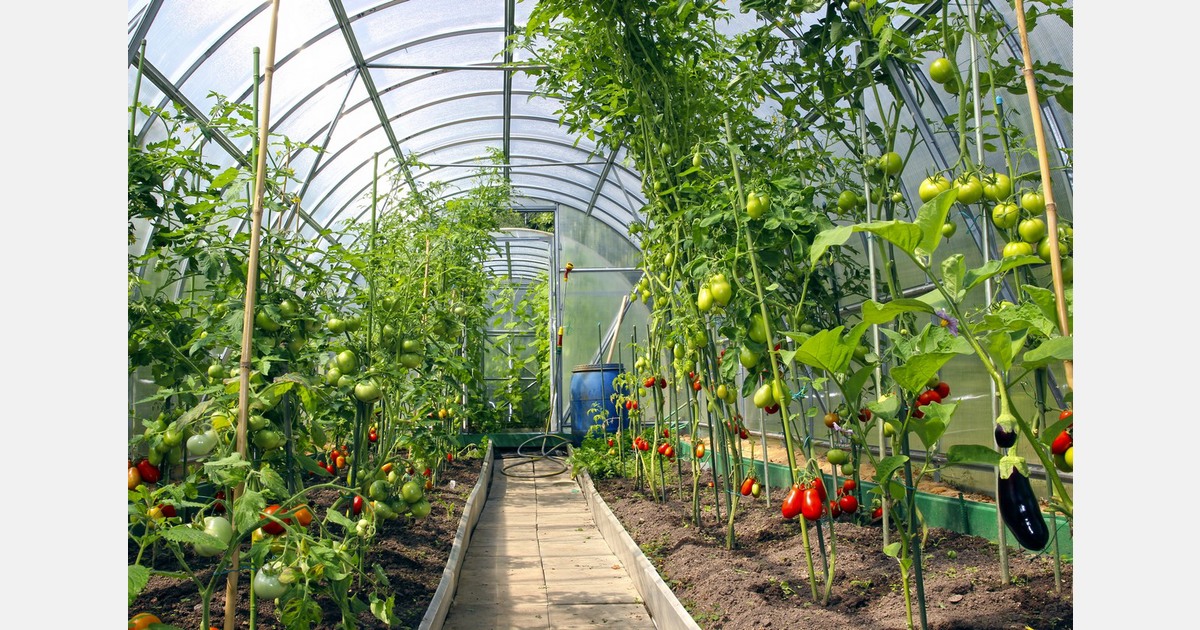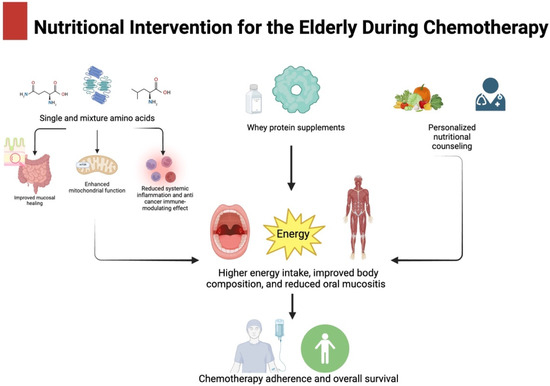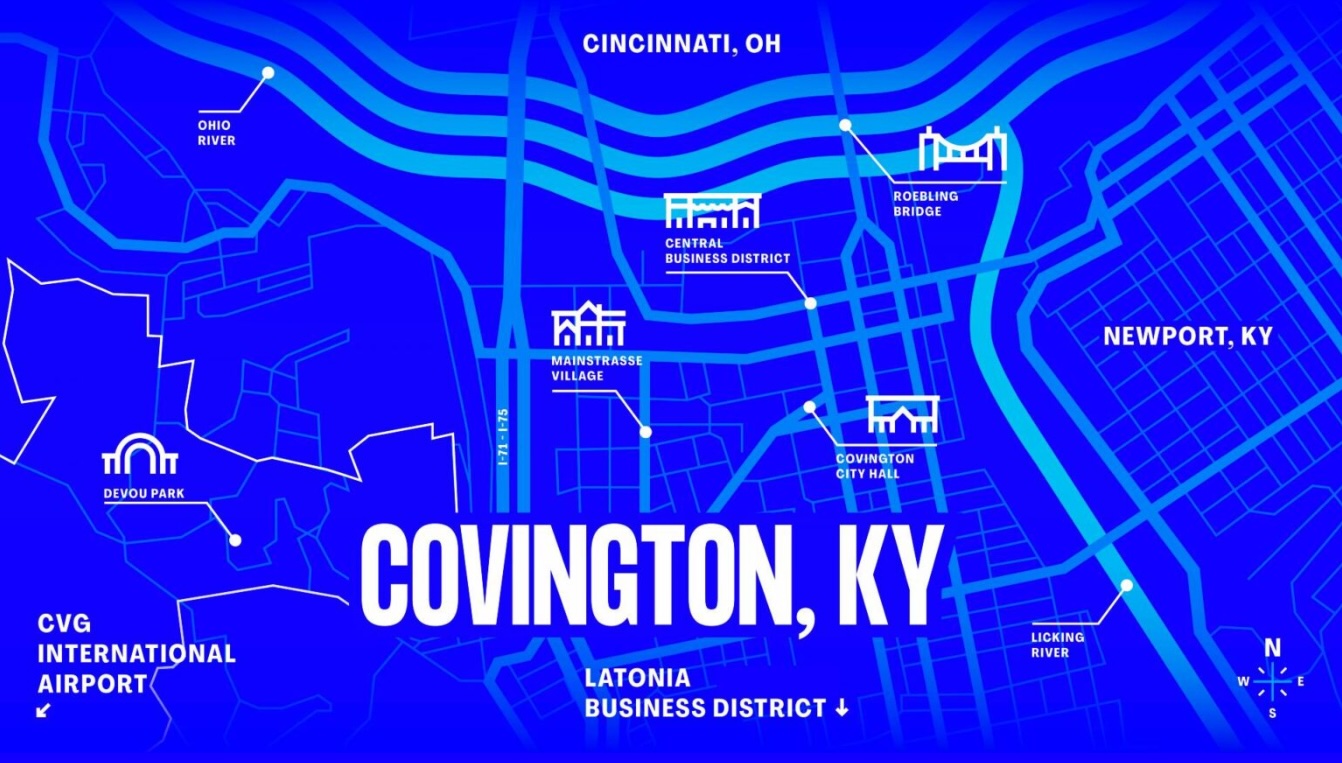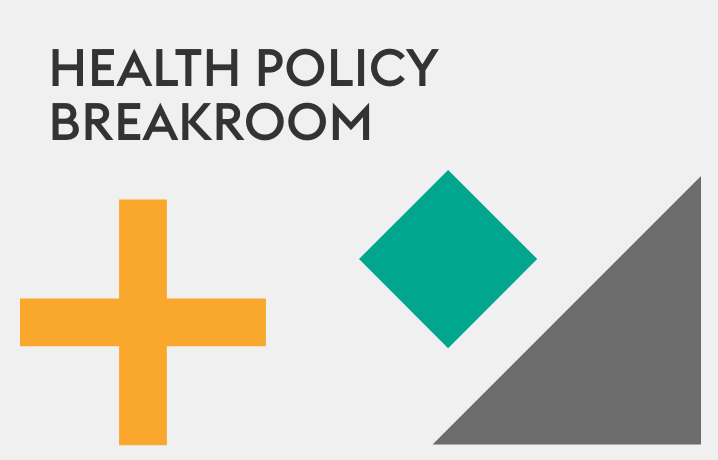Regulatory Pause, Sustainability Pause?: The CSRD Delay and Hospitality’s Commitment Test – Hospitality Net

Report on the Impact of European Regulatory Delays on the Hospitality Sector’s Commitment to the Sustainable Development Goals (SDGs)
1.0 Executive Summary
A recent decision by the European Commission to defer the Corporate Sustainability Reporting Directive (CSRD) has created a pivotal moment for the hospitality industry. The delay, part of a broader simplification package, postpones mandatory, detailed sustainability disclosures, effectively pausing a key regulatory driver. This report analyzes the implications of this deferral, framing the industry’s response through the lens of the United Nations Sustainable Development Goals (SDGs). It assesses the risk of deprioritizing critical sustainability initiatives against the opportunity for market leaders to demonstrate genuine commitment beyond compliance. The central finding is that while the delay may slow progress among compliance-driven entities, it also serves as a test of the sector’s intrinsic motivation to advance the 2030 Agenda, particularly goals related to responsible consumption, climate action, and sustainable communities.
2.0 Regulatory Context and Implications for SDG Reporting
2.1 The European Commission’s CSRD Deferral
The European Commission has adopted a “quick-fix” to the CSRD, delaying detailed sustainability reporting for large companies until 2026. This is complemented by a proposed “Omnibus” package, which would further postpone obligations for Small and Medium-sized Enterprises (SMEs) until 2028 and simplify reporting requirements. This regulatory pause is intended to reduce administrative burdens and foster investment.
2.2 Impact on SDG 12: Responsible Consumption and Production
The deferral directly affects the implementation of sustainability reporting, a core component of SDG 12. Specifically, it impacts:
- Target 12.6: Which encourages companies to adopt sustainable practices and integrate sustainability information into their reporting cycles.
- The delay challenges the momentum built around corporate accountability and transparency, creating a voluntary environment where progress toward SDG 12 depends on intrinsic motivation rather than regulatory enforcement.
3.0 Industry Response and the Risk of SDG Deprioritization
3.1 The Compliance-Driven Dilemma
A significant portion of the hospitality sector has historically adopted a compliance-first approach to sustainability. The absence of immediate regulatory pressure poses a considerable risk of deprioritization, particularly for SMEs that rely on incentives or mandates to act. This could reverse progress on multiple SDGs.
- There is concern that sustainability may revert to being a “nice-to-have” rather than a business and societal imperative, undermining long-term resilience.
- For businesses driven by the “stick” of regulation, this pause may be treated as a “free pass” to continue with conventional, less sustainable operations, hindering progress on SDG 8 (Decent Work and Economic Growth) and SDG 13 (Climate Action).
3.2 The Leadership Opportunity
Conversely, the regulatory hiatus provides an opportunity for forward-thinking hospitality brands to demonstrate leadership. These organizations view sustainability not as a compliance burden but as a core strategic driver for market competitiveness, brand equity, and long-term value creation.
- Leaders like Radisson Hotel Group, who have engaged in voluntary reporting for years, see measurement as essential for improvement and are unlikely to alter their course.
- Consumer demand for wellness and environmental stewardship, as highlighted by market data, provides a strong business case for continuing to invest in initiatives that support SDG 3 (Good Health and Well-being) and SDG 12.
4.0 Key Thematic Areas and Alignment with the SDGs
4.1 Climate Action and Resource Management (SDG 7, 12, 13)
The delay in reporting does not diminish the urgency of the climate crisis. True commitment is measured by tangible actions that advance key environmental SDGs.
- Focus on Action: Experts emphasize that action, not reporting, will determine the future. The industry must continue to pursue energy-efficient upgrades (SDG 7), circular resource systems (SDG 12), and carbon-positive designs to mitigate climate impacts (SDG 13).
- Data-Driven Improvement: The momentum around data collection must be maintained. Measurable, evidence-based data is crucial for accountability, defending sustainability claims, and improving performance against environmental targets. Without it, even the best efforts cannot be validated or scaled.
4.2 Sustainable Tourism and Community Well-being (SDG 8, 11, 15)
With tourism growth continuing across Europe, the easing of regulatory pressure raises concerns about destination management and community impact.
- Destination Stewardship: There is an urgent need for robust destination stewardship to prevent a return to overtourism, which threatens local infrastructure and quality of life, directly impacting SDG 11 (Sustainable Cities and Communities).
- Regenerative Models: The industry is encouraged to move beyond sustainability (maintaining the status quo) to regeneration—actively working to restore ecosystems (SDG 15), support local supply chains, and co-create value with host communities, thereby contributing to sustainable economic growth (SDG 8).
4.3 Industry Innovation and Economic Resilience (SDG 9)
Sustainability is increasingly recognized as a key driver of innovation, financial performance, and resilience, aligning with SDG 9 (Industry, Innovation, and Infrastructure).
- Competitive Advantage: Businesses that embed sustainability into their core strategy demonstrate greater resilience and competitiveness, attracting investment and eco-conscious consumers.
- Financial Levers: The development of sustainability-linked loans by financial institutions is creating an alternative incentive structure, rewarding hoteliers for tangible performance improvements and helping to maintain momentum in the absence of regulation.
5.0 Conclusion and Strategic Recommendations
The deferral of the CSRD presents a critical juncture for the hospitality industry. It creates a clear distinction between businesses motivated by compliance and those driven by a strategic commitment to the Sustainable Development Goals. While there is a tangible risk of stagnation among the former, the situation provides an opportunity for leaders to accelerate their efforts and capture significant market advantages. To ensure continued progress toward the 2030 Agenda, the following actions are recommended:
- Prioritize Tangible Action: Focus resources on implementing concrete initiatives that advance SDG 13 (Climate Action), SDG 12 (Responsible Consumption), and SDG 7 (Affordable and Clean Energy), rather than waiting for regulatory deadlines.
- Adopt Regenerative Frameworks: Shift from a mindset of simple compliance to one of proactive regeneration, creating positive value for communities (SDG 11) and ecosystems (SDG 15).
- Maintain Data and Measurement Discipline: Continue to invest in robust data collection and impact measurement to ensure accountability, guide strategy, and provide credible evidence of contributions to the SDGs, thereby attracting investment and building trust.
- Foster Systemic Change and Partnerships: Advocate for pragmatic, scalable solutions and collaborate through public-private partnerships to advance industry-wide transformation, in line with the principles of SDG 17 (Partnerships for the Goals).
1. SDGs Addressed in the Article
Explanation
The article discusses the delay of the Corporate Sustainability Reporting Directive (CSRD) and its implications for the hospitality industry. This central theme connects to several Sustainable Development Goals (SDGs) that focus on corporate responsibility, environmental protection, economic growth, and climate action. The analysis reveals connections to the following SDGs:
- SDG 7: Affordable and Clean Energy: The article mentions “subsidies for green technologies and energy-efficient upgrades,” which directly relates to improving energy efficiency in the hospitality sector.
- SDG 8: Decent Work and Economic Growth: The text refers to driving “quality jobs,” the challenges of “tourism growth,” and the negative impacts of “overtourism.” It also highlights the promotion of “sustainable tourism” as a strategic goal.
- SDG 9: Industry, Innovation, and Infrastructure: The discussion on “green technologies,” “innovation,” “asset and destination resilience,” and retrofitting “aging infrastructure” aligns with the goal of building resilient infrastructure and fostering sustainable industrialization.
- SDG 11: Sustainable Cities and Communities: The article addresses the need for “destination resilience” and “destination stewardship” to manage tourism impacts, particularly in the context of “overtourism” in cities like Barcelona. It also emphasizes working with “host communities” to create shared value.
- SDG 12: Responsible Consumption and Production: This is a core theme. The entire discussion revolves around the CSRD, which mandates sustainability reporting. Concepts like “pollution control,” “circular resource systems,” and developing sustainable “supply chains” are explicitly mentioned as key areas for action.
- SDG 13: Climate Action: The article repeatedly emphasizes the importance of “climate impact adaptation,” “building climate resilience,” and maintaining “climate commitment” regardless of regulatory delays. It frames sustainability efforts as “critical for climate impact adaptation.”
- SDG 15: Life on Land: The call to “regenerate ecosystems,” support “nature-based tourism,” and the concern over “biodiversity loss” connect the hospitality industry’s impact and responsibilities to terrestrial ecosystems.
- SDG 17: Partnerships for the Goals: The article points to the need for collaboration, mentioning “public-private collaboration” and initiatives like the “GSTC launched the R4MSEC Roundtable” to create industry-wide standards and support for SMEs.
2. Specific SDG Targets Identified
Explanation
Based on the issues discussed, several specific SDG targets can be identified as directly relevant to the actions and concerns within the hospitality industry:
- Target 7.3: By 2030, double the global rate of improvement in energy efficiency. This is supported by the article’s mention of “energy-efficient upgrades” as a key sustainability action for hotels.
- Target 8.9: By 2030, devise and implement policies to promote sustainable tourism that creates jobs and promotes local culture and products. The article’s focus on “sustainable tourism growth,” “destination stewardship,” and avoiding “overtourism” directly aligns with this target.
- Target 9.4: By 2030, upgrade infrastructure and retrofit industries to make them sustainable… The call for “green technologies” and addressing “aging infrastructure” to enhance “asset and destination resilience” reflects this target.
- Target 11.4: Strengthen efforts to protect and safeguard the world’s cultural and natural heritage. The emphasis on “destination stewardship,” working with “host communities,” and supporting “nature-based tourism” connects to this target.
- Target 12.6: Encourage companies, especially large and transnational companies, to adopt sustainable practices and to integrate sustainability information into their reporting cycle. The entire article is framed around this target, discussing the delay of the CSRD and whether companies will continue sustainability reporting without regulatory pressure.
- Target 13.1: Strengthen resilience and adaptive capacity to climate-related hazards and natural disasters in all countries. The text explicitly states that “urgent, broad sustainability efforts are critical for climate impact adaptation and enhancing asset and destination resilience.”
- Target 15.5: Take urgent and significant action to reduce the degradation of natural habitats, halt the loss of biodiversity… The call to “regenerate ecosystems” and concerns about “biodiversity loss” are directly linked to this target.
- Target 17.17: Encourage and promote effective public, public-private and civil society partnerships… The mention of “public-private collaboration” and industry-wide initiatives like the GSTC Roundtable to develop standards points to the importance of this target.
3. Indicators for Measuring Progress
Explanation
The article mentions or implies several indicators that can be used to track progress towards the identified targets:
- Corporate Reporting Rates: The primary indicator discussed is the adoption of sustainability reporting. The delay of the CSRD puts a spotlight on voluntary reporting. A direct indicator is the number of companies publishing sustainability reports, as exemplified by Radisson Hotel Group, which has been reporting since 2006.
- Sustainability Certifications: The article mentions the “GSTC launched the Certified Hotels Directory.” Therefore, the number of hotels achieving GSTC certification serves as a concrete indicator of adherence to verified sustainability standards (relevant to Target 8.9).
- Financial Investment and Incentives: The text refers to “subsidies for green technologies” and the development of “sustainability-linked loans.” The value of investments in green upgrades and the number/value of sustainability-linked loans offered to hoteliers are measurable indicators of progress (relevant to Targets 7.3 and 9.4).
- Consumer Behavior and Awareness: The article cites statistics like “76% [of travelers] want sustainable travel.” Tracking consumer surveys on sustainable travel preferences and booking behavior serves as an indicator of market demand and awareness (relevant to Target 12.8).
- Alternative Performance KPIs: The article explicitly suggests measuring “alternative KPIs” beyond financial metrics, including “Environmental and Regenerative,” “Human Wellbeing and Culture,” and “Guest and Community Impact.” These represent a proposed set of qualitative and quantitative indicators.
- Climate and Ecosystem Health Data: The reference to “35 planetary vital signs” and “biodiversity loss” implies that progress should be measured against scientific environmental data, linking corporate actions to real-world ecological outcomes (relevant to Targets 13.1 and 15.5).
4. Table of SDGs, Targets, and Indicators
| SDGs | Targets | Indicators |
|---|---|---|
| SDG 7: Affordable and Clean Energy | Target 7.3: Double the global rate of improvement in energy efficiency. | Investment in “energy-efficient upgrades” and “green technologies.” |
| SDG 8: Decent Work and Economic Growth | Target 8.9: Devise and implement policies to promote sustainable tourism. | Number of hotels certified by credible standards (e.g., GSTC); implementation of destination stewardship plans to manage “overtourism.” |
| SDG 9: Industry, Innovation, and Infrastructure | Target 9.4: Upgrade infrastructure and retrofit industries to make them sustainable. | Investment in resilient infrastructure; adoption of “carbon-positive design” and “circular resource systems.” |
| SDG 11: Sustainable Cities and Communities | Target 11.4: Strengthen efforts to protect and safeguard the world’s cultural and natural heritage. | Implementation of “destination stewardship” plans; metrics on “Guest and Community Impact”; collaboration with “host communities.” |
| SDG 12: Responsible Consumption and Production | Target 12.6: Encourage companies to adopt sustainable practices and integrate sustainability information into their reporting cycle. | Number of companies adopting sustainability reporting (e.g., CSRD); publication of performance reports on “People, Community, and Planet.” |
| SDG 13: Climate Action | Target 13.1: Strengthen resilience and adaptive capacity to climate-related hazards. | Metrics on “asset and destination resilience”; number of businesses with climate adaptation strategies. |
| SDG 15: Life on Land | Target 15.5: Take urgent action to reduce the degradation of natural habitats and halt biodiversity loss. | Metrics on ecosystem regeneration; investment in “nature-based tourism”; tracking of “biodiversity loss” data. |
| SDG 17: Partnerships for the Goals | Target 17.17: Encourage and promote effective public, public-private and civil society partnerships. | Number of “public-private collaborations”; participation in industry roundtables (e.g., GSTC R4MSEC Roundtable). |
Source: hospitalitynet.org

What is Your Reaction?
 Like
0
Like
0
 Dislike
0
Dislike
0
 Love
0
Love
0
 Funny
0
Funny
0
 Angry
0
Angry
0
 Sad
0
Sad
0
 Wow
0
Wow
0


















